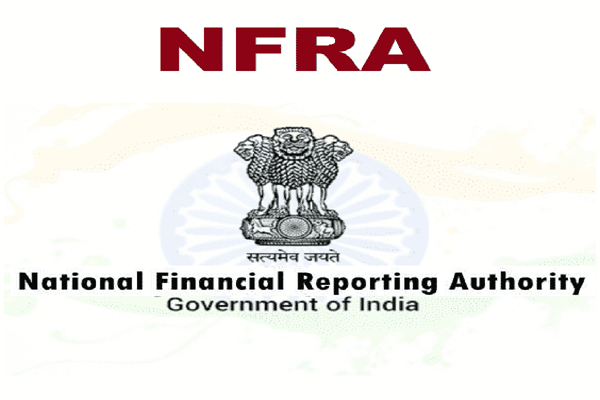In a significant regulatory order, the National Financial Reporting Authority (NFRA) highlighted that the absence of audit documentation and failure to submit audit files to the regulator is clear evidence of an unreliable and invalid audit. The NFRA stated that this issue is viewed seriously by global regulators, including the Public Company Accounting Oversight Board of the US. The case in question pertained to the statutory audit of Bartronics India Ltd for the 18 months up to 31 March 2015, conducted by a Hyderabad-based auditor.
According to the order, the failure to maintain audit files or submit them to the NFRA indicates that the auditor did not obtain reasonable assurance regarding the accuracy of the financial statements. Consequently, the auditor’s opinion on the financial statements lacks a basis, rendering it unreliable and invalid. The auditor’s opinion plays a crucial role in the independent auditor’s report.
The NFRA’s disciplinary orders and audit quality review reports carry a broader message to the corporate sector and the audit fraternity, outlining the regulator’s expectations from company executives preparing financial statements and statutory auditors signing off on them. The NFRA aims to ensure that auditors adhere not only to the provisions of the Companies Act but also to the audit standards, code of ethics, and other norms set by the Institute of Chartered Accountants of India, the profession’s self-regulator and standard setter. This approach encourages auditors to exercise professional skepticism and not solely rely on management claims.
NFRA has issued approximately 25 disciplinary orders since March this year, focusing on enhancing the quality of financial statements and their audit. The reliability of financial statements is vital for maintaining a conducive investment climate in the country.
Speaking at a recent conference, NFRA chairperson Ajay Bhushan Pandey highlighted the lack of audit documentation as a critical finding from the regulator’s disciplinary orders. He emphasized that performing audit work documentation with sincerity leads to a “thinking audit” approach, wherein auditors demonstrate professional skepticism and analytical thinking. Understanding the business purpose, rationale, and group structure of companies is also crucial for auditors to detect financial irregularities and fraud effectively. NFRA firmly believes that auditors cannot evade their responsibility to report frauds, clarifying that resignation does not absolve an auditor of this duty.
This regulatory order serves as a reminder to auditors and corporate executives alike to maintain comprehensive audit documentation and adhere to the highest professional standards, ultimately promoting transparency, accuracy, and reliability in financial reporting.














